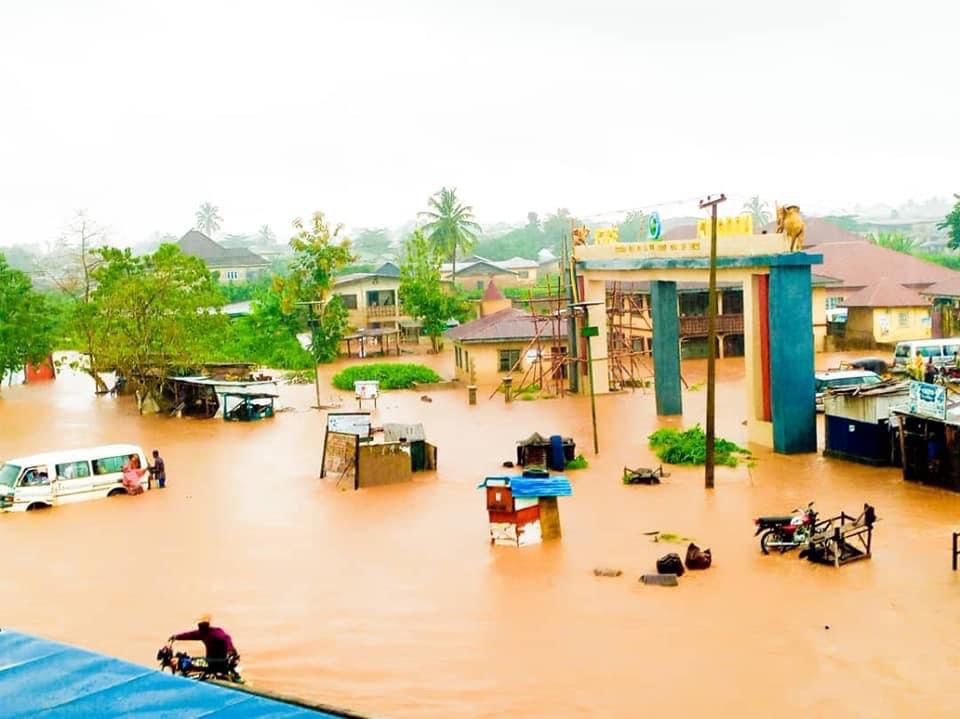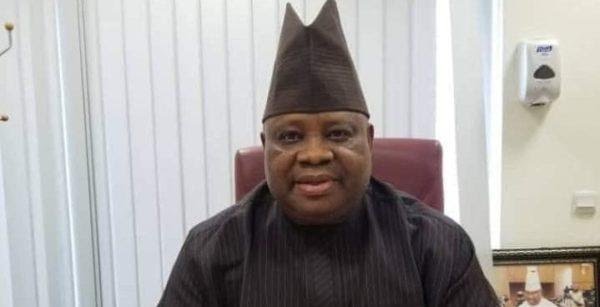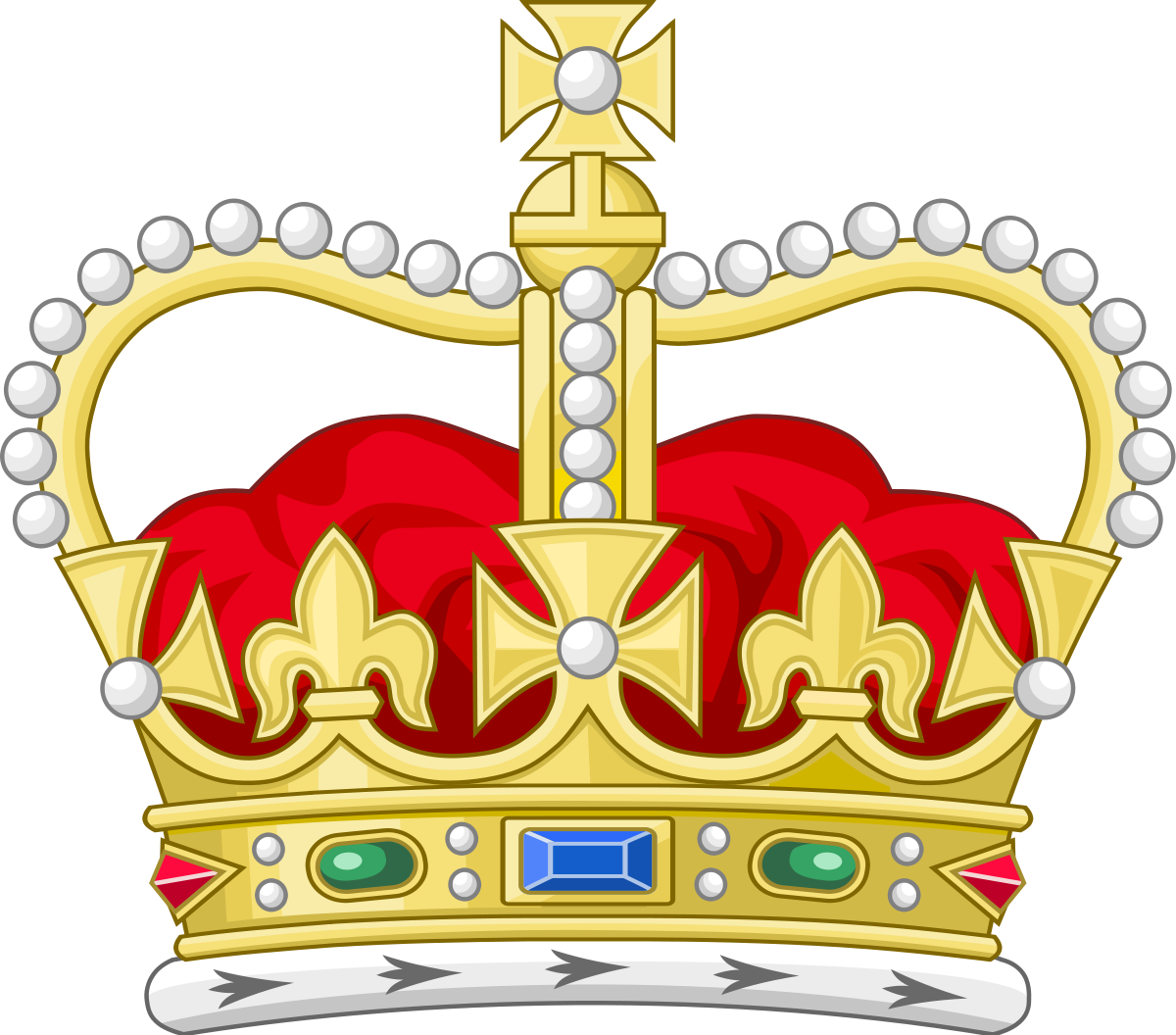Nigerian And Senegal Must Be Commended For Not Withdrawing From The ICC
Last week, at the annual summit of the African Union the leaders and representatives of the member states voted to adopt a strategy to collectively withdraw from the International Criminal Court (ICC). However, Nigeria and Senegal did Africa proud by refusing to vote for impunity in Africa. Late last year, South Africa, Burundi and The Gambia had announced plans to withdraw from the ICC. But President Adama Barrow of The Gambia has undertaken to fulfill his electoral promise of ensuring that his country does not quit the ICC.
The vote to quit the ICC by African leaders is based on the allegation that the ICC has exclusively focused attention on African leaders in investigating and prosecuting cases of genocide, war crimes, and crimes against humanity.
To justify the decision of African States to quit the ICC the African Union announced that the mandate of the African Court on Human and Peoples Rights would be amended to include criminal jurisdiction. Nothing was however said by the African Union on the urgent need by member states to strengthen their criminal justice system and accountability mechanisms.
In accusing the ICC of “selective justice,” it has not been denied that there was basis to have opened investigations into war crimes committed in Uganda, the Democratic Republic of the Congo, Kenya, Central Africa Republic, Sudan, Mali, Libya and Cote d’Ivoire. It is on record that while the Security Council referred the cases of Darfur and Libya to the ICC, the transition government in Libya decided to try the suspects in Tripoli. Even though the cases of Kenya and Cote d’Ivoire were referred to the ICC by the Special Prosecutor in exercise his proprio motu powers the governments of both States accepted the jurisdiction of the court. However, cases from Uganda, the Central Africa Republic, the Democratic Republic of Congo and Mali were referred to the ICC by the governments themselves.
With respect to the convicted ex- President Hasne Habre of Chad it was the African Union which mandated Senegal to set up a special tribunal for his trial in Dakar while it was the Government of Sierra Leone which requested the Security Council of the United Nations to set up the Special Court for Sierra Leone which tried ex-Liberian President Charles Taylor.
In combating impunity in other parts of Africa, the International Criminal Tribunal for Rwanda sat for 21 years; the Central Africa Republic plans to set up a Special Criminal Court while South Sudan has decided to establish a hybrid tribunal. The newly installed government of The Gambia has announced its decision to inaugurate a Truth And Reconciliation Commission like the Archbishop Tutu-led Commission in South Africa.
From the foregoing, it is indisputably clear that even although the ICC has tried some political leaders in Africa, a majority of the cases were referred to the court by the affected African states. In other instances, it was either the United Nations Security Council or the African Union which ensured that brutal dictators were made to stand trial and held to account for the atrocities perpetrated by them while in office. In all the cases in which the ICC intervened it was confirmed that the States were either unable or unwilling to prosecute the suspects who were involved in genocide, war crimes and crimes against humanity.
To show that African leaders are not committed to accountability only seven States (Benin, Burkina Faso, Cote d’Ivoire, Ghana, Mali, and Tanzania) have made a Declaration to allow victims of human rights abuse to seek redress in the African Court on Human and Peoples Rights. However, the African Union will be deceiving itself if it believes that the planned mass withdrawal of African states from the ICC will shield African leaders who engage in genocidal acts from prosecution and humiliation. As long as African leaders continue to pay lip service to the fight against impunity in the continent victims of egregious human rights infringements will hesitate to seek redress in available human rights mechanisms with a view to bringing perpetrators to book.
-Femi Falana SAN










